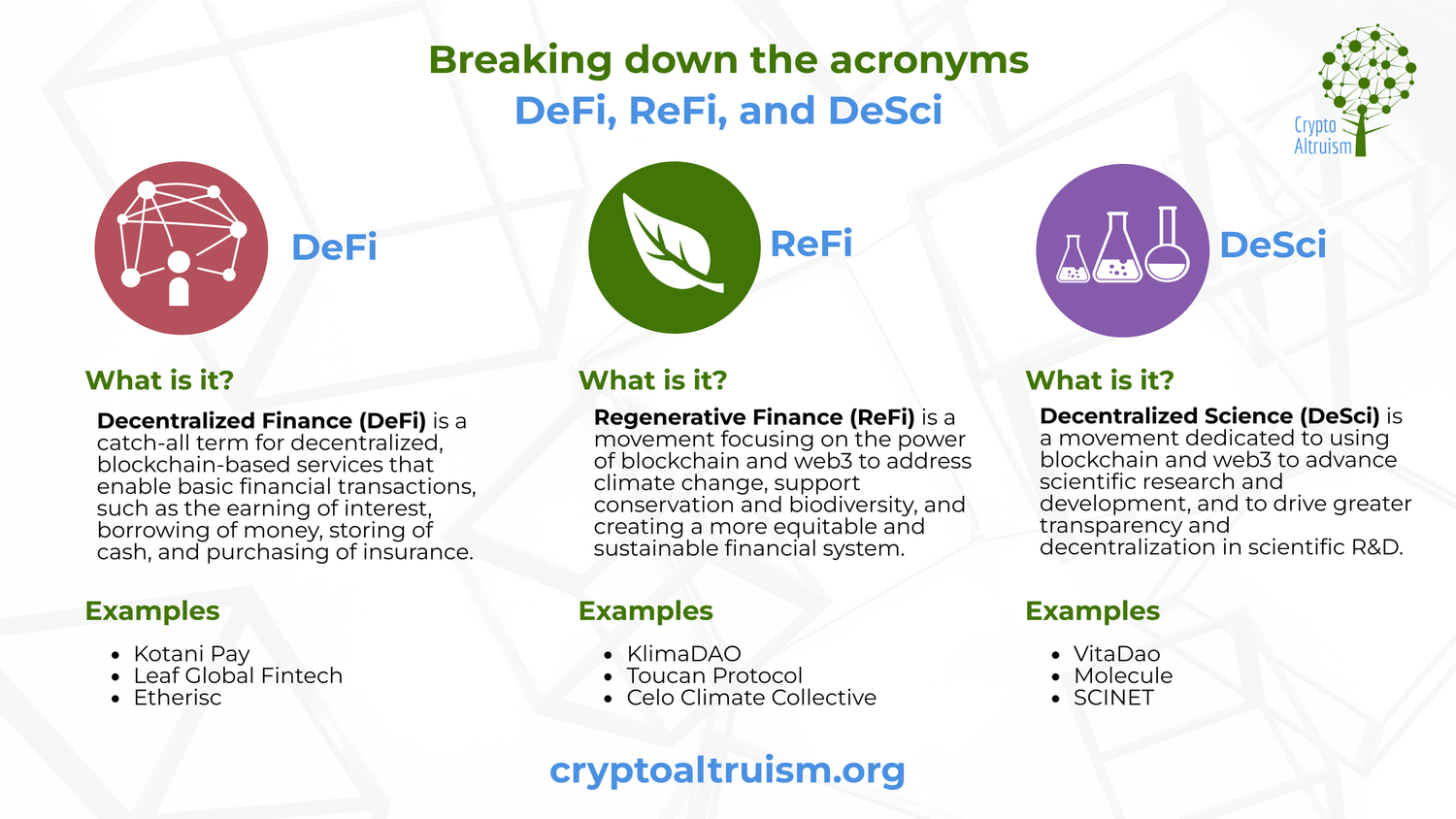
Introduction:
Decentralized Finance (DeFi) has revolutionized traditional finance by leveraging blockchain technology to provide decentralized and permissionless financial services. As the DeFi space expands, so do the risks associated with smart contract vulnerabilities, market fluctuations, and other challenges. This article explores the critical role of Decentralized Finance Insurance in mitigating risks and ensuring the security of digital assets within the decentralized financial ecosystem.
Navigating the DeFi Landscape:
DeFi platforms operate on blockchain networks, allowing users to access financial services without traditional intermediaries. While this presents exciting opportunities, navigating the DeFi landscape involves understanding and addressing the inherent risks associated with smart contract vulnerabilities, liquidity challenges, and market dynamics.
Tailored Coverage for DeFi Risks:
Decentralized Finance Insurance offers tailored coverage designed to address the unique risks prevalent in the DeFi ecosystem. This includes protection against smart contract exploits, liquidity crises, and losses resulting from market volatility. The tailored coverage ensures that users and platforms can participate in DeFi with confidence, knowing their assets are safeguarded.
Protecting Against Smart Contract Vulnerabilities:
Smart contracts, the self-executing contracts with the terms of the agreement directly written into code, are fundamental to DeFi operations. However, vulnerabilities in these contracts can lead to significant financial losses. Decentralized Finance Insurance provides protection against smart contract vulnerabilities, offering coverage for losses incurred due to exploits or coding flaws.
Safeguarding Against Liquidity Challenges:
Liquidity is crucial in the DeFi space, and unexpected challenges can impact the availability of funds. Decentralized Finance Insurance includes provisions to safeguard against liquidity crises, providing financial support for users and platforms facing liquidity challenges or unexpected events that may affect the smooth functioning of DeFi protocols.
Mitigating Risks in Market Volatility:
The decentralized nature of DeFi exposes users and platforms to market fluctuations. Decentralized Finance Insurance addresses this by offering coverage for losses resulting from market volatility. This includes protection against sudden price crashes, ensuring that participants can manage and mitigate risks associated with the dynamic nature of decentralized markets.
Real-Life Cases and Risk Mitigation:
Examining real-life cases where DeFi platforms experienced challenges underscores the importance of Decentralized Finance Insurance. These cases highlight the potential consequences of unforeseen events and vulnerabilities in the DeFi space, emphasizing the need for comprehensive insurance coverage to address the aftermath of incidents.
Incentivizing Responsible DeFi Practices:
Beyond financial protection, Decentralized Finance Insurance serves as an incentive for DeFi platforms and users to adopt responsible practices. Insured entities are encouraged to implement robust security measures, conduct regular audits, and adhere to best practices in order to minimize risks and contribute to the overall security of the decentralized financial ecosystem.
Linking to a Secure DeFi Future:
In the ever-evolving landscape of decentralized finance, Decentralized Finance Insurance becomes a vital link to a secure and sustainable future. Participants in the DeFi ecosystem can confidently engage with the innovative financial services offered, knowing they have insurance coverage aligned with the unique risks of decentralized operations. To learn more about Decentralized Finance Insurance, visit Decentralized Finance Insurance.
Conclusion:
As DeFi continues to reshape the financial industry, addressing the associated risks is imperative for the sustained growth and adoption of decentralized financial services. Decentralized Finance Insurance emerges as a crucial component, providing a safety net for users and platforms, and contributing to the overall resilience and security of the decentralized financial ecosystem.


